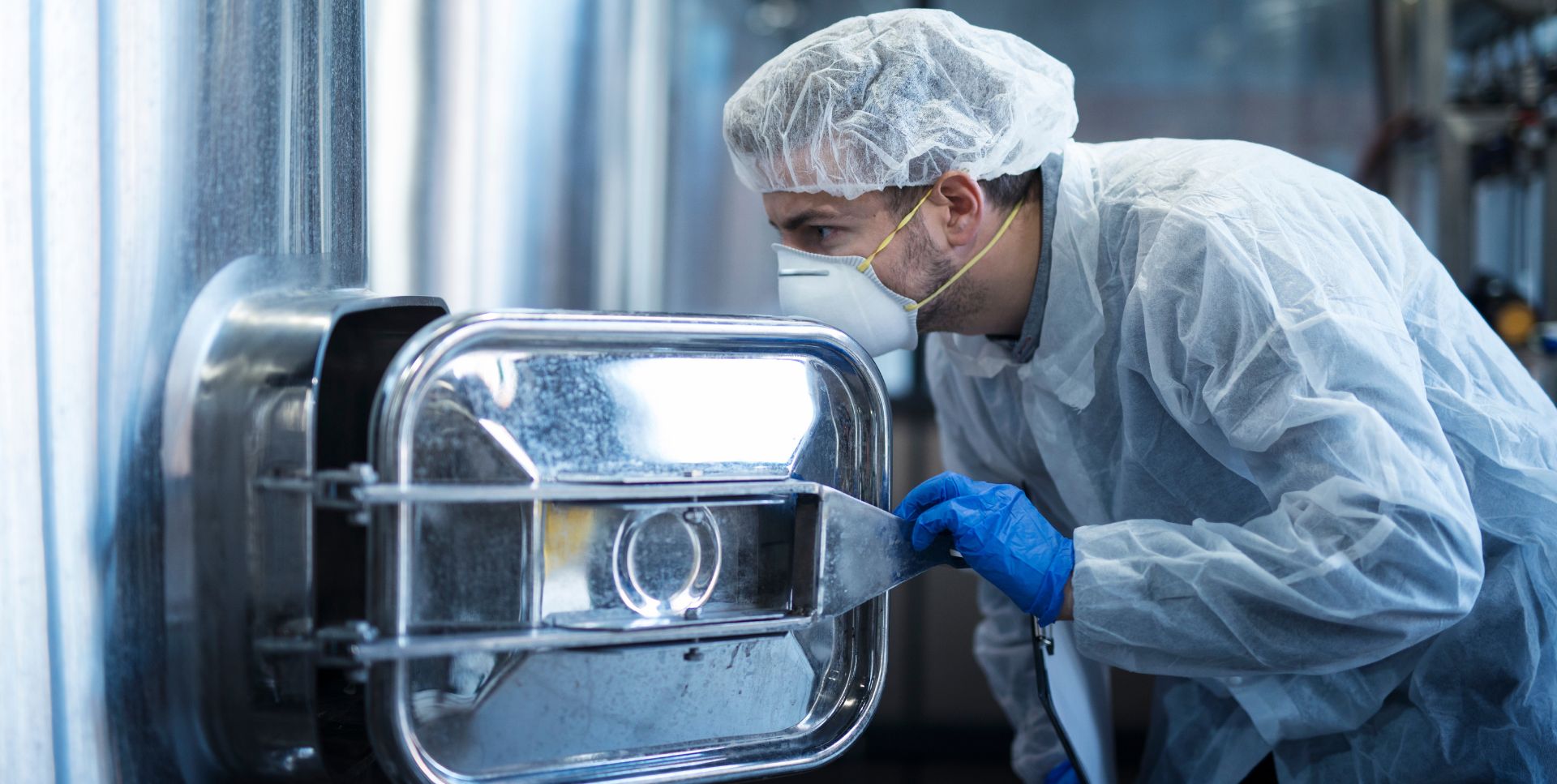
Precision and Performance in Plastic Manufacturing in the world of plastic manufacturing, precision, efficiency, and material performance are non-negotiable. General Purpose Polystyrene (GPPS) is one such material that continues to impress manufacturers with its consistent behavior in injection molding. Known for its glass-like clarity and rigidity, GPPS is not just economical—it’s engineered for speed and repeatability.
Whether you’re producing disposable cutlery, cosmetic packaging, or medical labware, understanding the GPPS technical specs and selecting the right GPPS molding grade can significantly impact your output quality and production efficiency.
What Makes GPPS Ideal for Injection Molding?
GPPS is an amorphous thermoplastic that offers excellent dimensional stability and easy flow characteristics, making it highly suitable for GPPS injection molding. It melts uniformly and cools quickly, allowing for short cycle times and high productivity—critical in high-volume production environments.
In addition to its processability, GPPS provides a smooth surface finish and high gloss, enhancing the aesthetic value of molded parts. Its rigidity and low shrinkage make it a reliable choice for products that require fine detail and structural stability.
Key Technical Properties of GPPS
When selecting a material for injection molding, it’s essential to evaluate the mechanical and thermal characteristics. Here’s a breakdown of the most relevant GPPS technical specs:
- Melt Flow Index (MFI): GPPS typically ranges from 2 to 12 g/10 min, depending on grade. Higher MFI grades are preferred for thin-wall applications.
- Tensile Strength: 45–55 MPa, offering adequate rigidity for structural components.
- Heat Distortion Temperature: Around 85–95°C, suitable for general-purpose applications that are not exposed to high heat.
- Transparency: Light transmission up to 88%, making it ideal for display and packaging.
- Shrinkage: Very low, around 0.3–0.6%, ensuring consistent part dimensions.
These properties make GPPS a reliable choice in injection molding environments where tight tolerances and visual quality are essential.
Applications Where GPPS Injection Molding Excels
GPPS is used in a wide variety of molded products, especially in sectors that require high clarity or rigid structure:
- Transparent food containers and disposable utensils
- Cosmetic containers and makeup organizers
- CD/DVD cases and electronic packaging
- Medical test tubes and diagnostic trays
- Office supplies such as rulers and pen bodies
Its lightweight nature also makes it ideal for reducing shipping costs and material consumption, without compromising on durability.
Choosing the Right GPPS Molding Grade
GPPS is available in different grades, each tailored for specific applications. Selecting the appropriate GPPS molding grade can help optimize molding conditions and final part performance:
| Grade | Flow Rate | Best Use Case |
|---|---|---|
| GPPS-Inj 100 | Medium Flow | General-purpose injection molding |
| GPPS-Inj 150 | High Flow | Thin-walled items, faster cycles |
| GPPS-Clear | Ultra Clear | Premium packaging or display units |
| GPPS-Impact | Modified | Slightly better toughness for delicate products |
Always consult with your raw material supplier to ensure you’re choosing the grade best suited for your machine parameters and product specifications.
Optimizing Molding Conditions for GPPS
To fully leverage the benefits of GPPS, molding conditions should be carefully calibrated:
- Melt Temperature: 180–230°C
- Mold Temperature: 30–60°C
- Injection Speed: Medium to high for best surface quality
- Drying: Not typically required, but optional drying at 80°C for 1–2 hours can improve clarity in humid environments
Optimized settings help reduce cycle times, prevent warping, and achieve high-quality finishes consistently.
Conclusion
When clarity, efficiency, and dimensional precision matter, GPPS injection molding offers unmatched value. With a wide selection of GPPS molding grades and well-defined GPPS technical specs, this material provides a flexible and reliable solution for manufacturers looking to streamline their operations and maintain high-quality standards. Investing in the right grade and setup can lead to lower production costs and superior product appeal—key advantages in today’s competitive markets.
